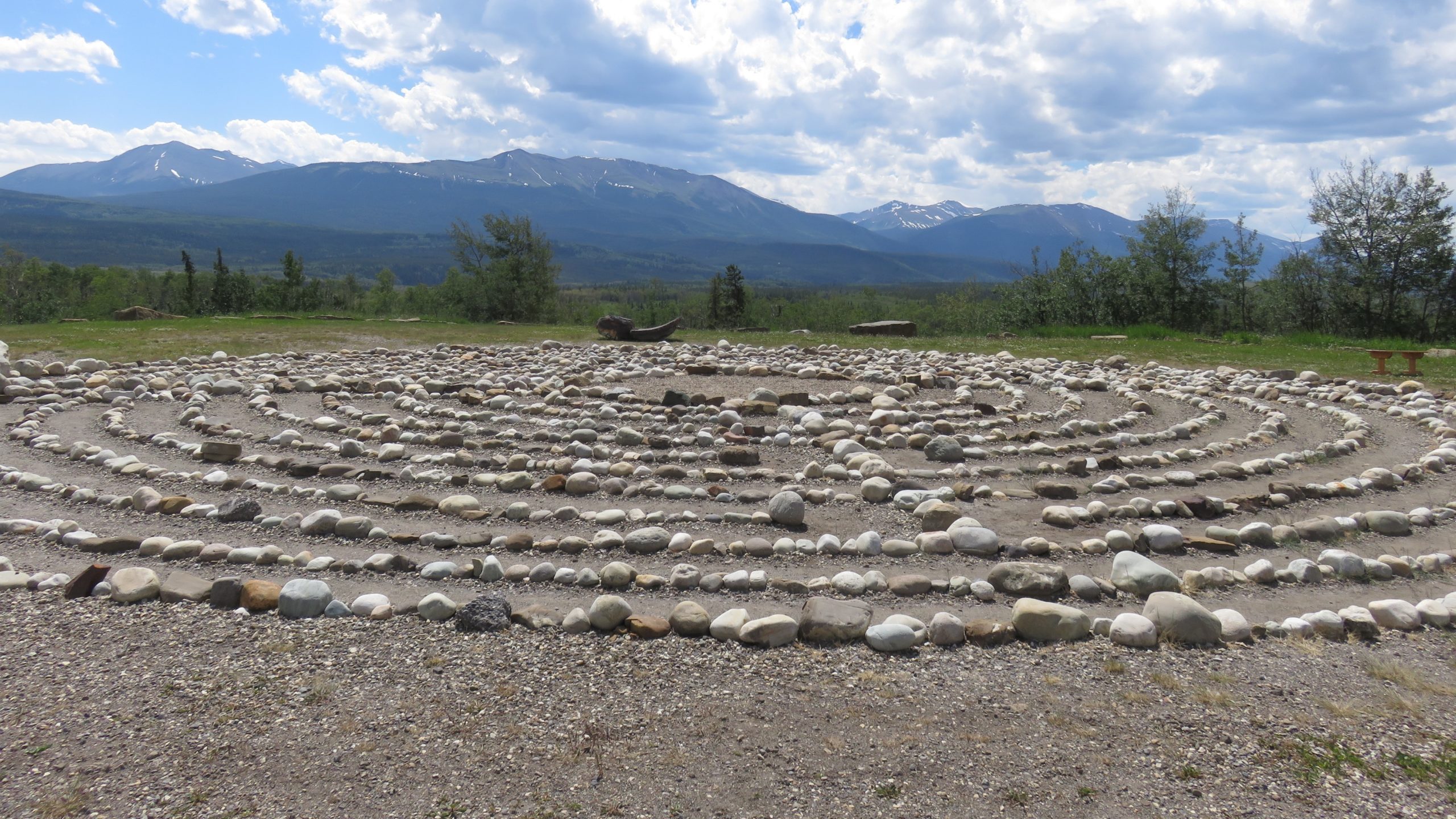
1 John 3:1-7
Proper 8B
1 SeeA what loveB the Father has givenC us,
that we should be calledD childrenE of God;F and that is what we are.
The reasonG the worldH does not knowI us is that it did not know him.
2 Beloved,J we are God’s children now; what we will be has not yet been revealed.K What we do knowL is this: when he is revealed, we will be like him, for we will see him as he is.
3 And all who have this hopeM in him purifyN themselves, just as he is pure.O
4 Everyone who commitsP sinQ is guilty ofR lawlessness;S sin is lawlessness.
5 You knowT that he was revealed to take awayU sins, and in him there is no sin. 6 No one who abidesV in him sins;W no one who sins has either seen him or knownX him.
7 Little children,Y let no one deceiveZ you. Everyone who doesAA what is rightBB is righteous,CC just as he is righteous.
Image credit: “Photos of the town of Grande Cache, Alberta, and area” by “Rural Health Professions Action Plan from Edmonton, Alberta, Canada,” 2017.
